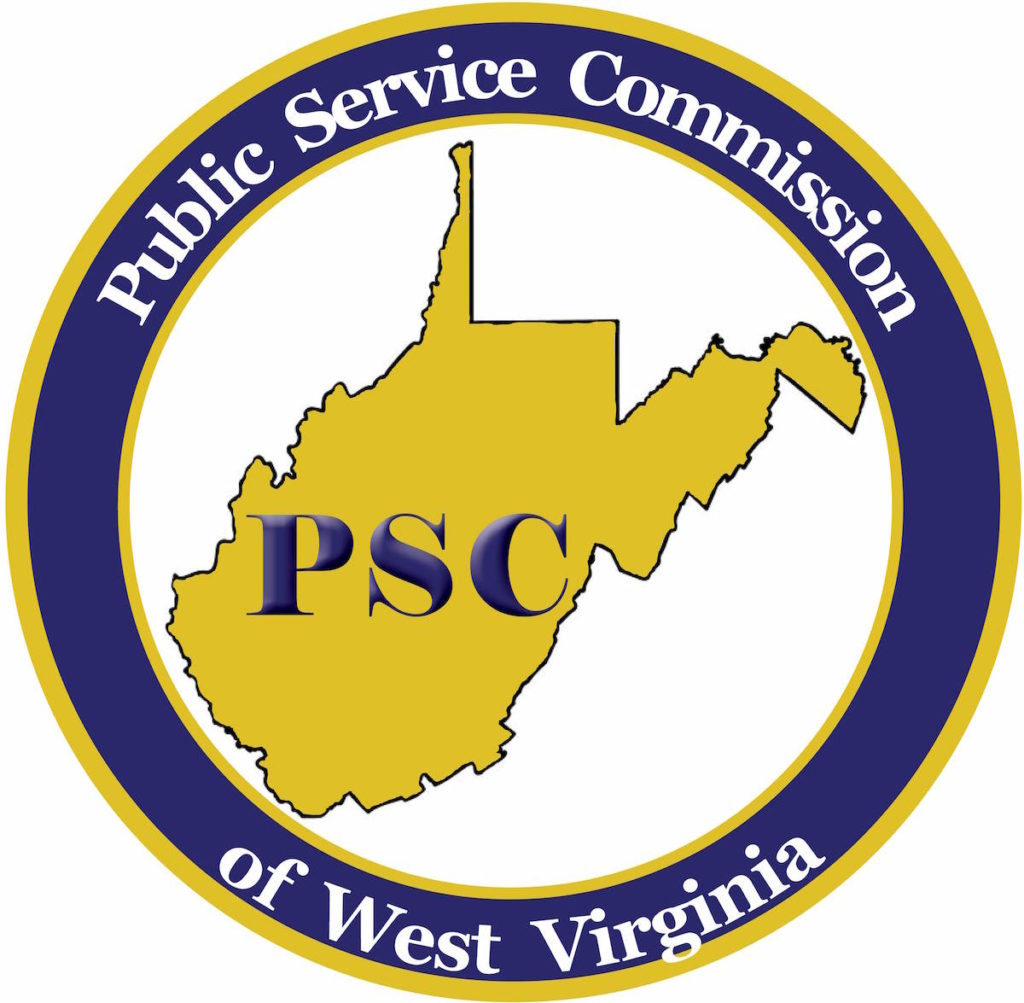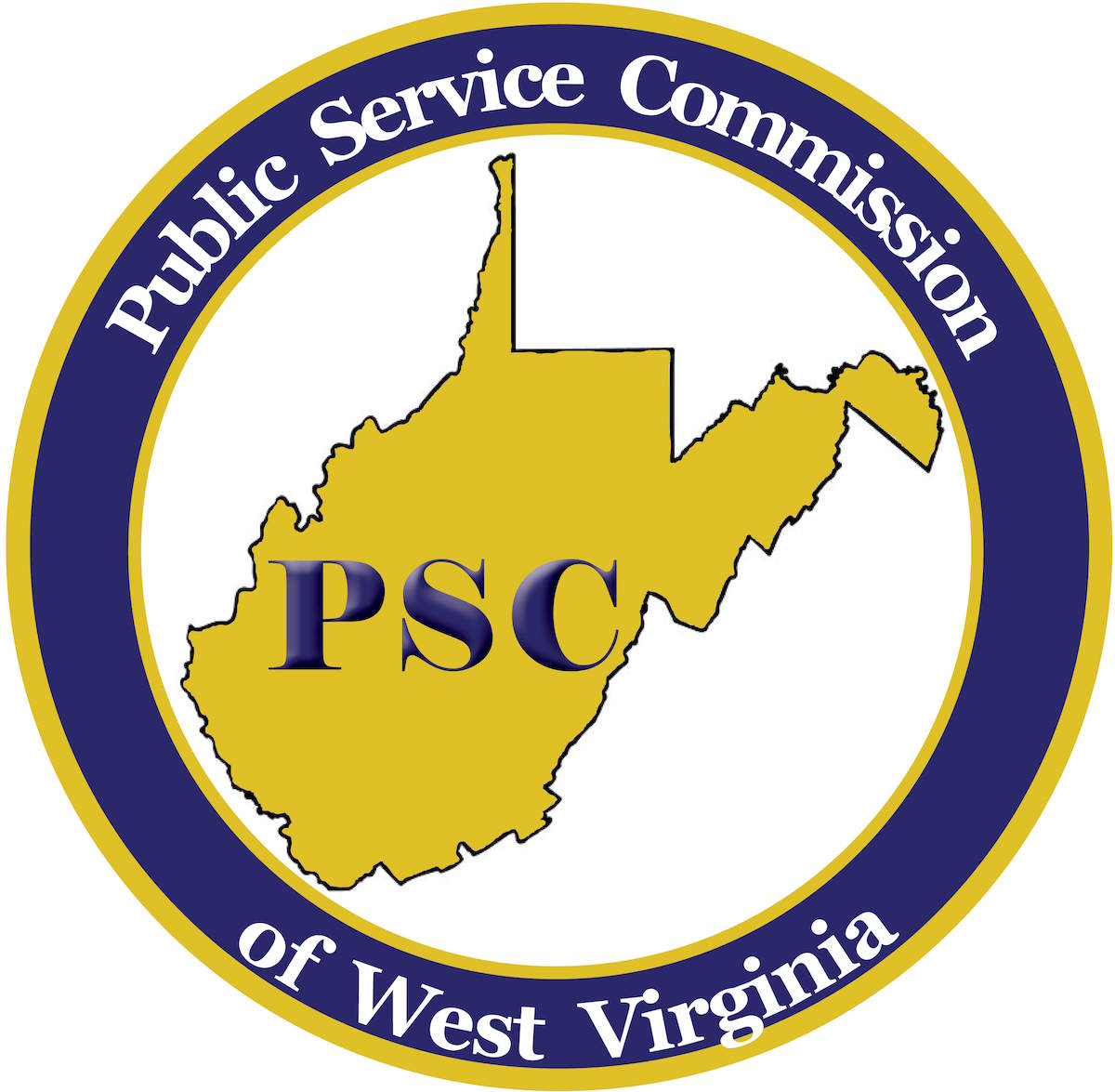By Charlotte Lane
Chairman, West Virginia Public Service Commission
The West Virginia Legislature recently passed several laws that will impact utilities and their customers. These new laws that will become effective in the coming weeks will aid the Public Service Commission in its legislative mandate to appraise and balance the interests of current and future utility service customers, the general interests of the state’s economy and the interests of the utility companies.

Senate Bill 739, developed by the PSC in consultation with the West Virginia Water Development Authority, the Infrastructure and Jobs Development Council, the Rural Water Association and the Kanawha County Commission, authorizes the PSC to provide assistance to distressed and failing water and sewer utilities and may ultimately result in a utility being acquired by another utility. The new law directs the PSC to prepare an annual list of potentially unstable water and sewer utilities and to contact each of them to determine what type of assistance is required to eliminate the condition(s) causing the instability. If a utility is unable to stabilize its operations or financial condition after the Commission lends assistance, then a proceeding may be initiated to determine if the utility is distressed or failing. The Commission may then order the utility to reorganize, merge with another public utility or be acquired by a more capable utility.
Senate Bill 583 creates a utility solar program in the state. West Virginia Department of Commerce and Development Office specialists told lawmakers that major companies looking to locate in West Virginia wanted to utilize renewable solar energy. Under this new law American Electric Power and FirstEnergy may each purchase or construct up to 200 MW of solar energy in 50 MW increments. Customers desiring solar energy will pay a rate that will recover the cost to develop the energy, which will offset the cost paid by the utility’s ratepayers. The solar energy will not displace any current levels of coal-fired electric generation capacity.
House Bill 4619 authorizes the expansion of broadband service to unserved areas in West Virginia utilizing existing infrastructure owned by electric companies. An electric utility must receive approval from both the Broadband Council and the Public Service Commission before it can offer the service. The Commission’s review of the application would include examining the physical details of the project, commitments of potential customers, cost of construction, method of connection and a cost recovery mechanism.
The Commission will be issuing rules and adapting our practices as these new laws take effect.






